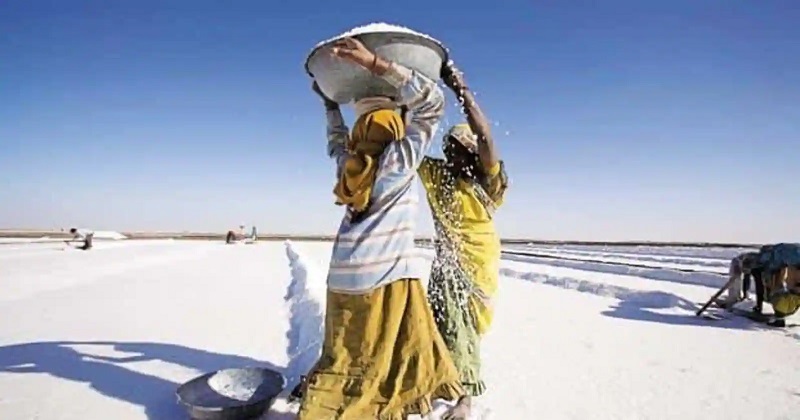
The Arab world’s ongoing lack of even a single democratic state is the biggest exception to the globalisation of democracy. Democracy and the extensive list of rights thought to be inalienable to the human condition have largely been viewed as exotic ideas in the Arab world, to be admired from afar and desired by the hundreds of millions of Arabs who live under political repression, unrepresentative government, and a lack of fundamental freedoms of expression.
According to a new study, Arabs in the Middle East and North Africa are losing trust in democracy’s capacity to bring about economic stability. For BBC News Arabic, the Arab Barometer network polled around 23,000 people in nine countries and the Palestinian territories. The majority of respondents agreed that democracies had weak economies. The findings were made public a little more than 10 years after the Arab Spring uprisings, which sought political reform.
Only Tunisia remained a democracy less than two years after the uprisings, but if a draught constitution published this week is passed, the country may revert to authoritarianism. According to Michael Robbins, director of Arab Barometer, a research network based at Princeton University that collaborated with universities and polling organisations in the Middle East and North Africa to conduct the survey between late 2021 and spring 2022, the region’s views on democracy have changed since the previous survey in 2018/19.
Across the majority of the nations questioned, more than half of respondents typically agree with the assertion that a democratic government results in a poor economy. More than half of respondents in every country polled also agree or strongly agree that the success of their government’s programmes is more important to them than the form of their political system.

Post Your Comments